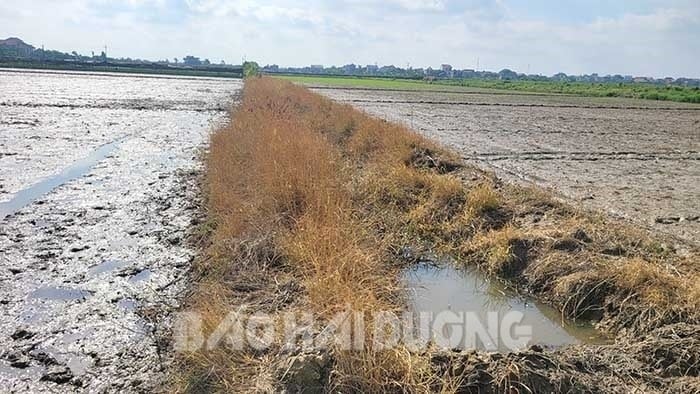
Ms. Hoa's village has a tradition of growing winter crops. Thanks to this crop, many families in the village have food and savings. She herself, thanks to her parents' cabbage and kohlrabi fields, had money to study and then become an agricultural engineer.
On the weekend, there was a death anniversary at home, so Ms. Hoa took advantage of the day before to come home to help her mother and let her children go to the fields to play. Seeing the vast vegetable fields, her daughter excitedly ran down to the fields. A moment later, she saw her daughter sitting on the grass, observing, then standing up and asking her mother:
- Mom, why are the vegetables so good but the grass is all withered? I smell something bad.
Hearing her son speak, Hoa finally noticed. The grass was indeed burnt. Looking closely, she saw that the grass was not burnt by the dry weather, but rather by a chemical spray. After walking a short distance, Hoa met her neighbor, Mrs. Hong, who was spraying something on the grass next to the cabbage field. She approached to say hello, and Mrs. Hong excitedly asked:
- When did Ms. Hoa come back? Why are you playing in the fields like this? We farmers have a hard time. We have a few acres of cabbage that have been fertilized with so much fertilizer but they are growing so slowly. We don't know if we can sell them in time for Tet. And these weeds, we sprayed several times and thought they would die, but after a few rains they are growing well again.
Hearing Mrs. Hong talk about spraying herbicides, Ms. Hoa was startled. It turned out that the burnt grass her daughter had said had a pungent smell had been sprayed with herbicides. Looking around the field, Ms. Hoa saw that the ditch banks were also the color of burnt grass. Leading her child to her field, where her mother was pulling herbs to prepare for the feast, Ms. Hoa asked:
- Do farmers in our hometown now no longer cut grass but spray pesticides? I see all the ditch banks are the same color of burnt grass?
Hearing her daughter, Mrs. Minh sighed:
- Nowadays, people rarely raise cattle or fish, and there is no labor, so many households buy herbicides to spray quickly. It is a real abuse.
- Herbicides are just as toxic as pesticides. If used repeatedly like Mr. Hong said, only a part of the weeds will be killed, while the rest will seep into the soil and water sources. The visible damage can kill crabs and fish. In the long run, large residues will remain in crops, and eating them can cause poisoning and cancer, Ms. Hoa said.
- The men in the neighborhood were too lazy to weed and clear the road, so they even brought out pesticides to spray. How disastrous...
- That's not good. Tomorrow I'll talk to Mr. Nam, the Chairman of the Commune People's Committee, so he can find a way to guide people on how to kill weeds properly. My agency is also having a training program to guide organic vegetable production, including instructions on how to kill weeds safely and effectively. One day I'll ask them to come back to my hometown to open a class. What do you think, Mom?
- That's right, my child. We have to make people understand that using herbicides is wasteful and harmful to health.
Ms. Hoa and her daughter agreed on the idea and then went together to meet Ms. Hong to promote it first.
LOAN NGUYENSource: https://baohaiduong.vn/lam-dung-thuoc-diet-co-400161.html


![[Photo] The 1st Congress of Phu Tho Provincial Party Committee, term 2025-2030](https://vphoto.vietnam.vn/thumb/1200x675/vietnam/resource/IMAGE/2025/9/30/1507da06216649bba8a1ce6251816820)

![[Photo] President Luong Cuong receives President of the Cuban National Assembly Esteban Lazo Hernandez](https://vphoto.vietnam.vn/thumb/1200x675/vietnam/resource/IMAGE/2025/9/30/4d38932911c24f6ea1936252bd5427fa)
![[Photo] Panorama of the cable-stayed bridge, the final bottleneck of the Ben Luc-Long Thanh expressway](https://vphoto.vietnam.vn/thumb/1200x675/vietnam/resource/IMAGE/2025/9/30/391fdf21025541d6b2f092e49a17243f)
![[Photo] Solemn opening of the 12th Military Party Congress for the 2025-2030 term](https://vphoto.vietnam.vn/thumb/1200x675/vietnam/resource/IMAGE/2025/9/30/2cd383b3130d41a1a4b5ace0d5eb989d)
![[Photo] General Secretary To Lam, Secretary of the Central Military Commission attends the 12th Party Congress of the Army](https://vphoto.vietnam.vn/thumb/1200x675/vietnam/resource/IMAGE/2025/9/30/9b63aaa37ddb472ead84e3870a8ae825)


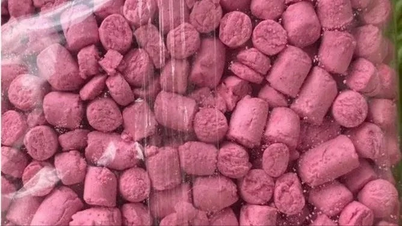



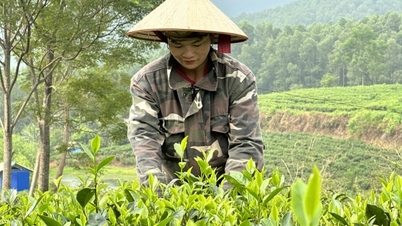


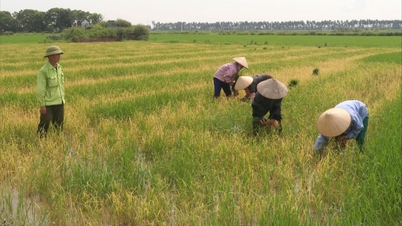






























































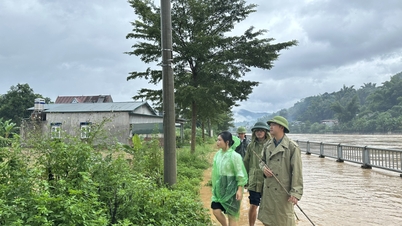

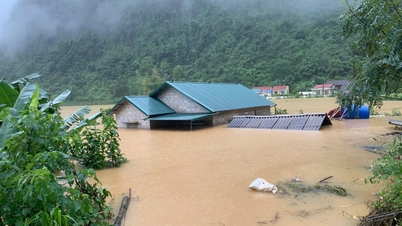


















Comment (0)